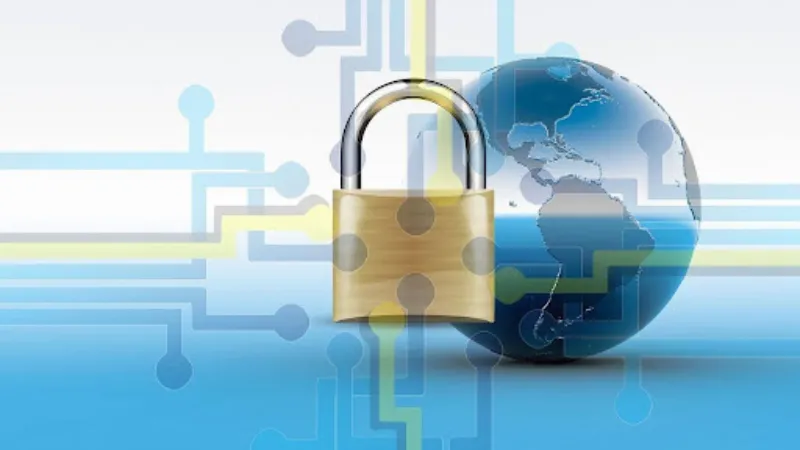The Impact Of Log Management On Cybersecurity And Risk Mitigation
Sep 27, 2025 | By Team SR

In the cybersecurity landscape, every single thing that you do leaves some sort of trace, starting from user logins, multiple failed password attempts, system updates, and many other things.
All of these things are also known as logs, and they are consistently produced across different networks, devices, and apps. Although to some of you this may seemingly look irrelevant, the reality is that logs are actually extremely valuable because they are packed with essential data that can help you establish a solid defense strategy.
In these types of situations, you should allow log management to work its magic because when done the right way, it takes your cybersecurity to a whole other level, plus you make sure your business remains compliant, which is crucial, as well!
Besides that, proper log management can help you alleviate various risks before they escalate. The point is that log management can be very effective and useful, and below you’ll learn more about it!
What’s Log Management?
Before we further delve into this topic, let’s first understand the basics. Namely, logs are basically digital records of events, something like the virtual diary of everything that occurs in the IT landscape. They typically encompass:
- Application logs – This refers to records of user activities and transactions in business apps. These can showcase whether there were any suspicious or unauthorized activities in critical platforms.
- System logs – Activities inside the operating system that unveil the behavior of machines.
- Audit logs – It detects who tried to gain access to sensitive data, the time they did it, and the changes that were made.
- Security logs – Alerts produced by intrusion detection systems, firewalls, endpoint security tools, and antivirus programs. These logs will typically indicate the first attempts at the security breaches.
The Difference Between Centralized Log Management & Log Management, In General
There’s a common misconception that these two are practically the same, which isn’t true. Namely, centralized log management represents a specific approach within the log management. On the flip side, log management can be defined as the overall process of producing, storing, eliminating, and transmitting log data.
Centralized log management, in contrast, includes gathering and consolidating log data from a variety of different sources into a single system for enhanced security and simplified analysis.
Log Management Helps You Detect Any Threats On Time
It’s safe to say that log acts as an effective warning system that alerts security teams to any suspicious activities. By consistently supervising logs, security analysts can detect these signals before they turn into security breaches.
Instead of finding out about them days or even weeks later, companies can do something about them in real time, making sure that anything that’s potentially suspicious is blocked immediately, or shutting down malicious processes.
Forensics & Incident Response
If any security breach occurs (or anything else that may be perceived as suspicious and potentially dangerous), logs start acting as CCTV footage. So, what does it mean? It means that it’s going to provide you with all the essential information related to these events, such as the moment attackers entered your system, the actions they’ve taken, the files that were accessed, etc.
Furthermore, forensic investigation will then utilize all this data not only to contain the incident, but also to do whatever is necessary to keep these breaches at bay. Without these logs, organizations wouldn’t be capable of detecting these cyberattacks on time, which would make them more vulnerable and exposed to other potential attacks in the future.
The Connection Between Risk Mitigation And Log Management
Cybersecurity shouldn’t solely focus on reacting to various cyber-attacks, but it should also do whatever is in its power to ensure the risks related to it are significantly decreased. There are lots of preventative measures that can be taken to do this effectively, and one of the approaches that can help you with that is proper log management. It can help you:
- Identify potential vulnerabilities – If you notice there are recurring errors in system logs, then it probably means that you are dealing with certain weak links in your infrastructure that could easily be exploited by a hacker or any other virtual scammers.
- Ensure business continuity – Although hackers are frequently the biggest culprits when it comes to different disruptions, keep in mind that there are many other things that can cause them. By analyzing logs, your IT sector can detect any problems on time, making sure they are fixed before they turn into bigger issues.

RECOMMENDED FOR YOU

Grade I, II* and II Listed Buildings – What Architects Need to Consider
Team SR
Jan 27, 2026
Cyberattacks have sadly become very common, which means that you cannot allow yourself to treat logs as something irrelevant, since they can help you properly defend your organization against numerous online threats.


 Follow us
Follow us Follow us
Follow us














